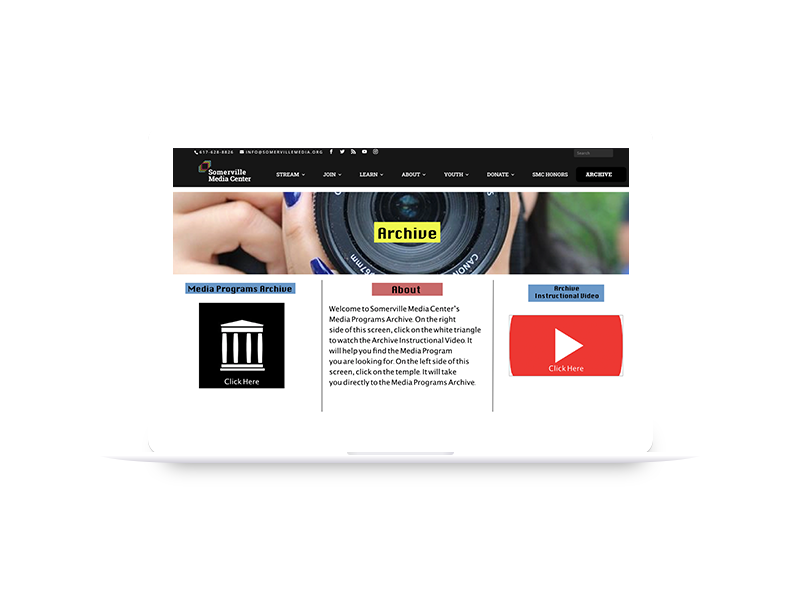Congratulating the Media Design 2019–2020 Cohort on their First Virtual Thesis Defense
Monday, August 17, 2020
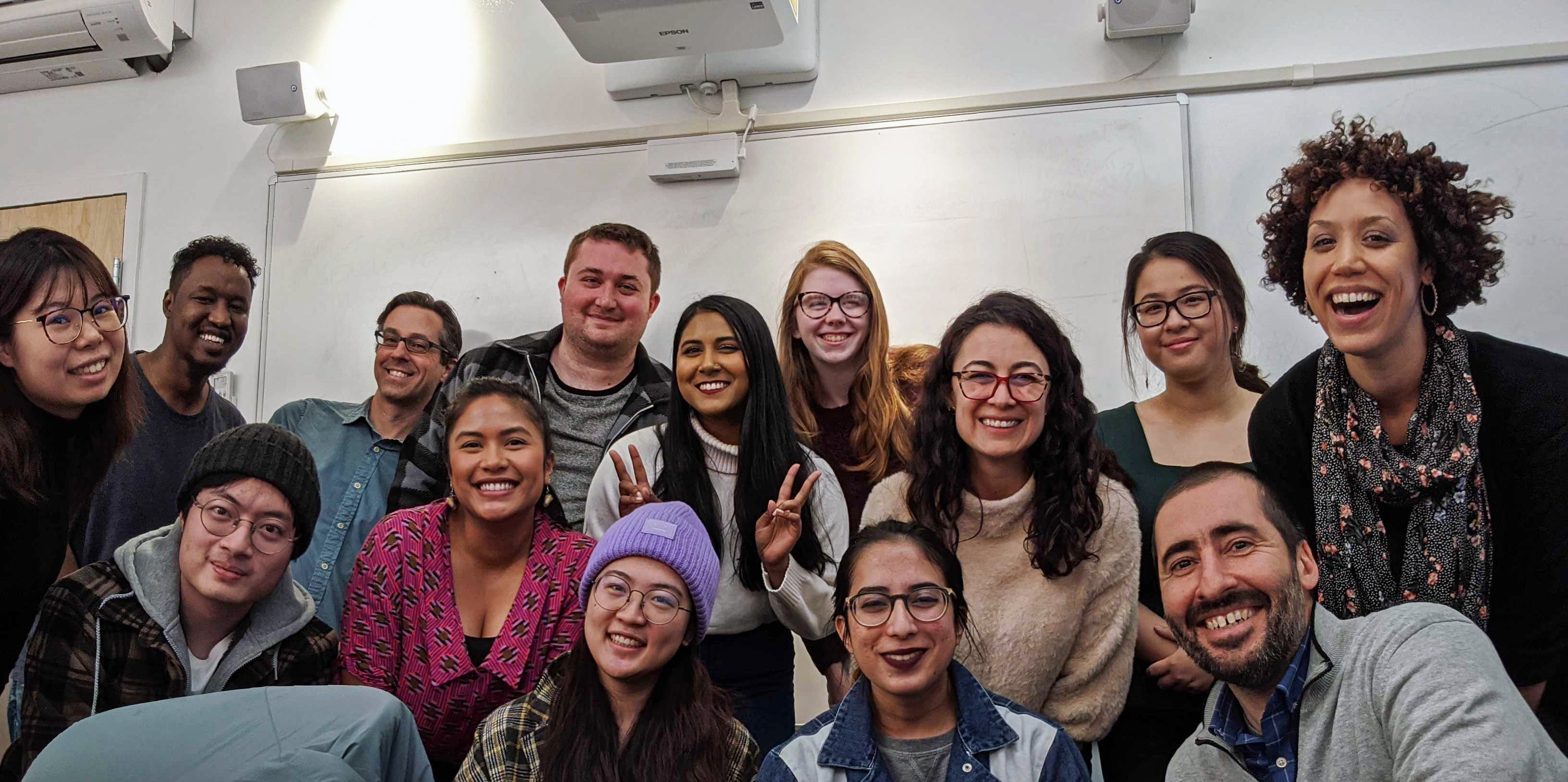
Last week, our 2019–2020 Media Design Cohort defended their theses in our first-ever virtual thesis defense. The Media Design MA is an intensive 12-month program centered around the production of a creative thesis project. From building a platform for local news stories to connecting youth to the resources around them, each of these projects is the culmination of a year’s worth of community-centered research, teamwork, and innovative problem-solving. Despite the unprecedented challenges presented by COVID-19, the 2019–2020 Cohort learned to be apart together, navigating the unknown with courage, compassion, and connectivity.
Below you will find a short description and some photos from each project, a condensed celebration of all the great work they have done together.
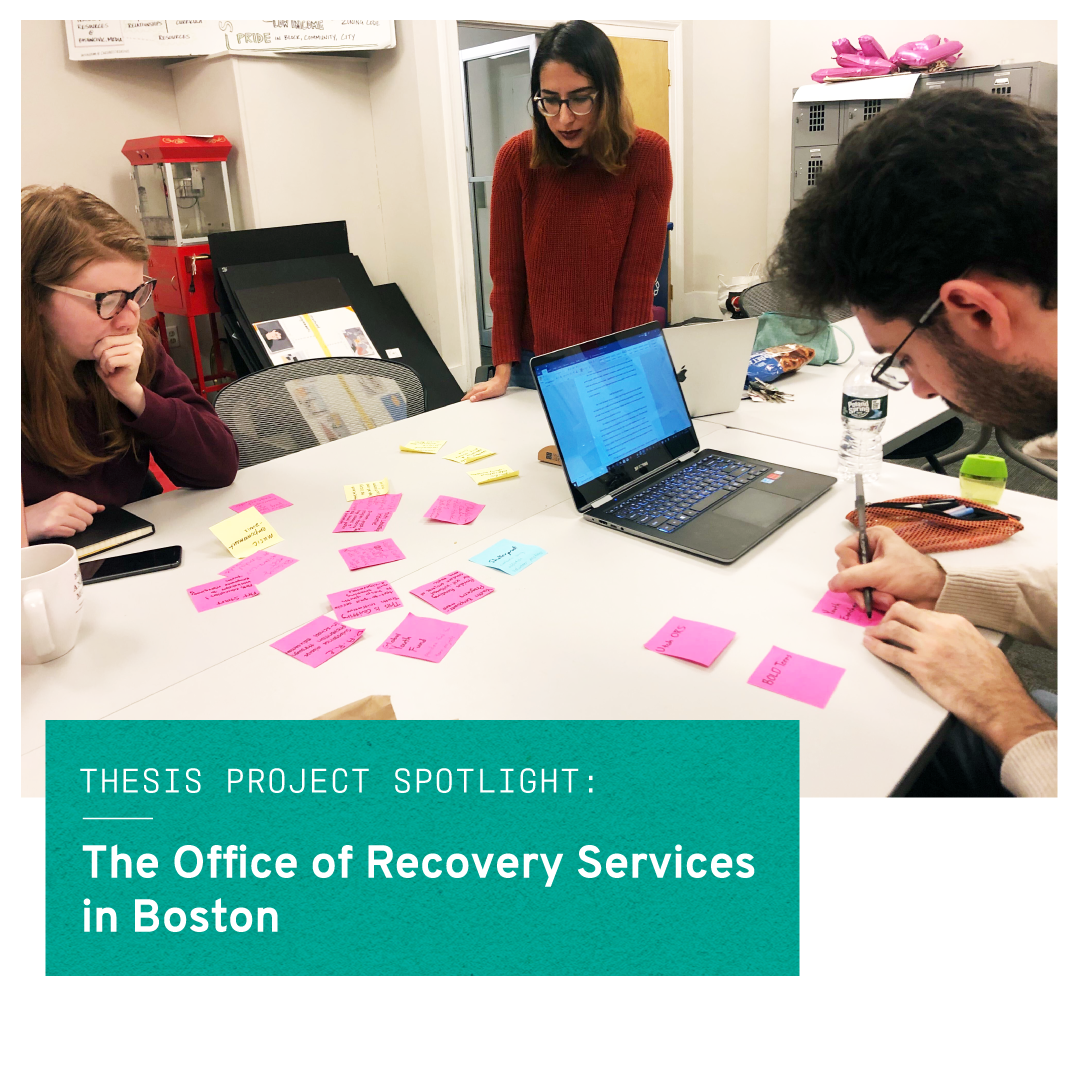
Project Title: Future Connect:
Designing a Tool for Youth Goal-Setting, Future Orientation, and Substance Misuse Prevention
Partner: The Office of Recovery Services in Boston
Designers: Chitra Anwar,**** Kathleen Carroll, Paul Cifarelli, Rakshya Devkota
“We partnered with the City of Boston Mayor’s Office of Recovery Services on a youth prevention initiative that takes a holistic approach to prevention and increases marginalized youth’s access to community resources. We designed Future Connect, an app that helps Boston youth gain positive future orientation, set goals, and access community resources related to their goals. Youth are guided through imagining their best future self, identifying activities involved, building a support system, identifying barriers, and connecting with resources. Our prototype also includes a journal, which can be digital or physical, that prompts youth to respond creatively to questions related to each step of the app, in addition to giving space for more personal reflection. Our research has identified that positive future orientation and access to community resources are protective factors against substance misuse, but are less accessible to low-income youth of color. Our prototype bridges the gap between these youth and the resources they need.”
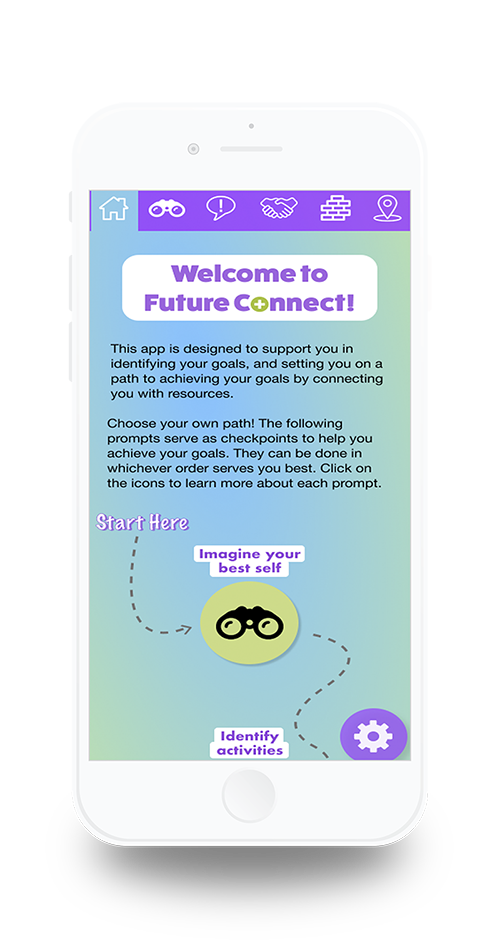
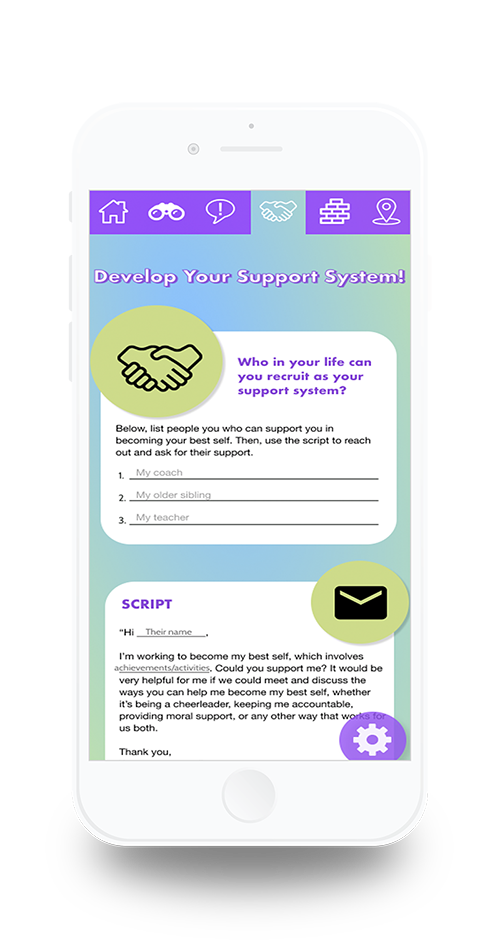
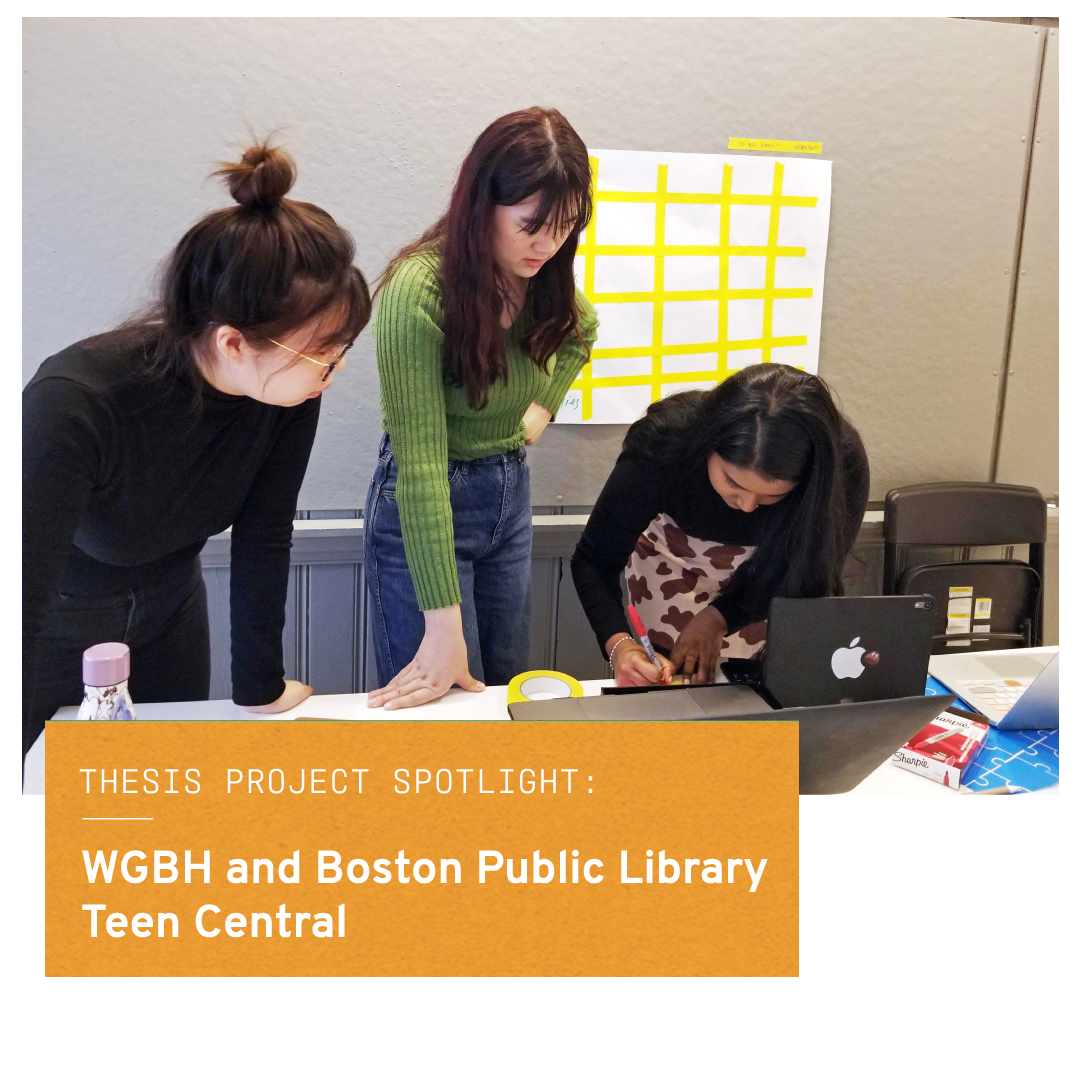
Project Title: Planetogether:
Fostering Civic Imagination Among Youth Through A Virtual Experience
Partner: WGBH Emerging Platforms Initiative and Boston Public Library Teen Central
Designers: Yiwen Cui, Xiaokai Chen, Sumali Dey, Xingying Wang
“We partnered with both WGBH’s Emerging Platforms Initiative and Boston Public Library Teen Central to design Planetogether, a virtual experience that promotes positive civic engagement among young people ages 15–24 through a world-building activity that fosters civic imagination. Planetogether is an intervention that utilized Zoom, a cloud-based video communications app, as an emerging social platform to engage young people in creative speculation to produce positive civic engagement in the context of social-distancing amid a pandemic. The activity encourages youth to think through civic design processes, empower them to have a voice in their community, and activate civic dialogue in a space that is low-stakes, imaginative, and fun. The prototype provides youth with an approachable, interactive, and collaborative opportunity to engage in civic participation in an emerging digital space.”
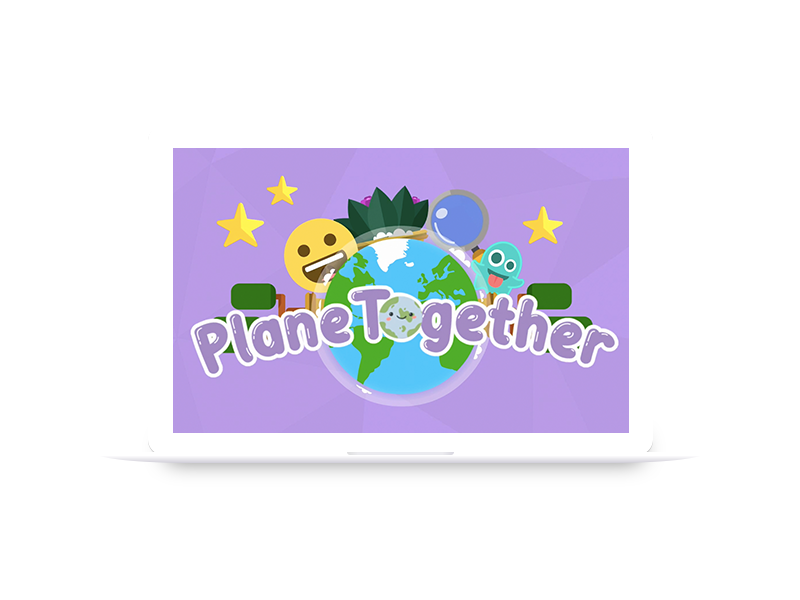
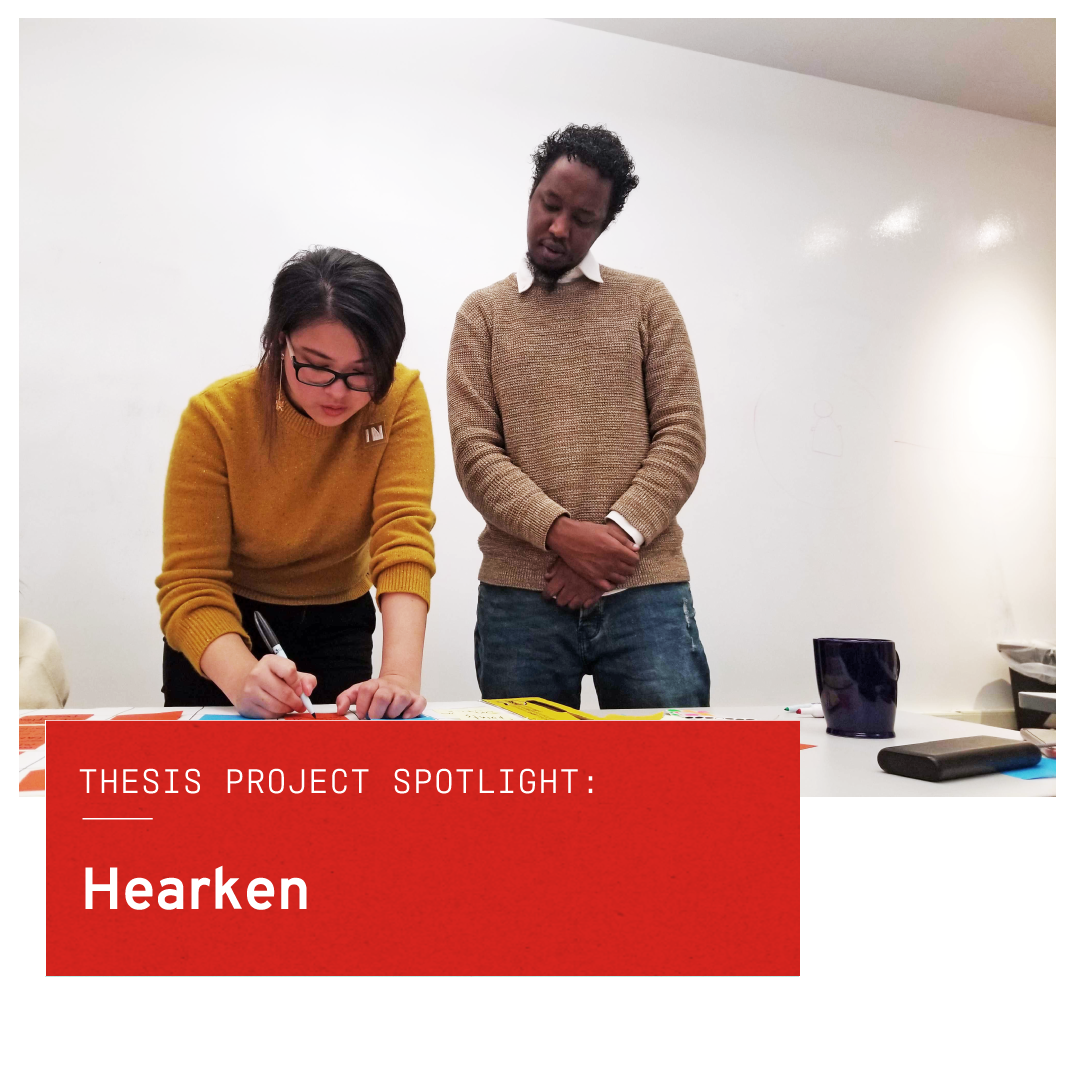
Project Title: Reimagining Local News For Young Adults
Partner: Hearken
Designers: Pan Chung, Hassan Hassan, Linhui Huang
“Thousands of local newspapers and media have closed down in recent years. We partnered with Hearken and set out to answer the question of how we can reach local communities in Boston that have been impacted most heavily by these closures and are ignored or overlooked by mainstream media. This led us to create a platform, Mixdia, to tell and centralize local stories and encourage users to go on to write their own on the application. Mixdia also seeks to fight misinformation by promoting news literacy and helping people become better consumers of information that they see online by encouraging them to evaluate sources and not accept everything they come across on social media and digital news sites at face value as the world moves towards digital immersion.”
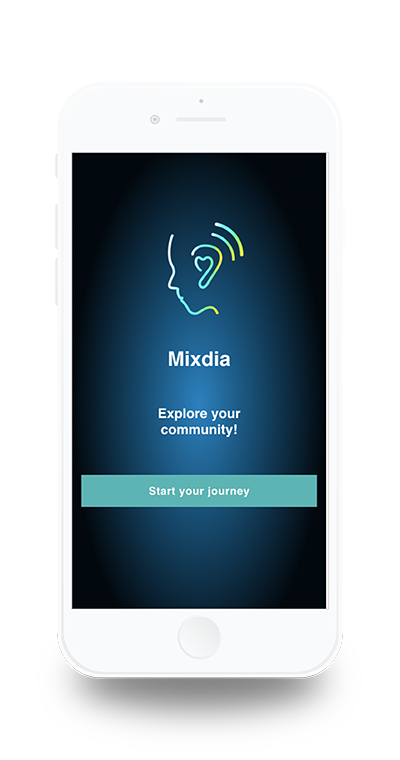
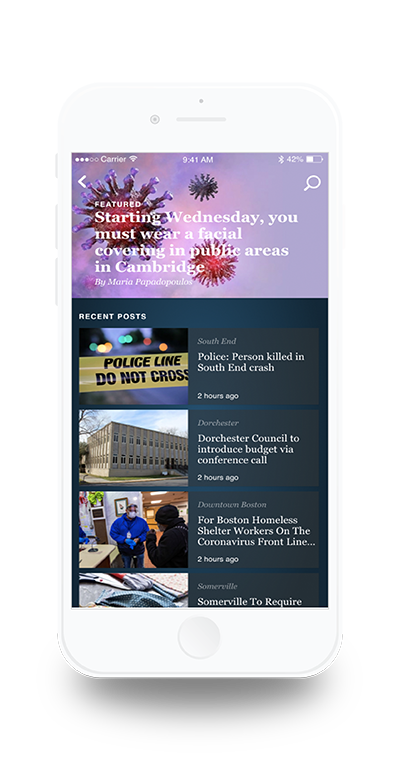
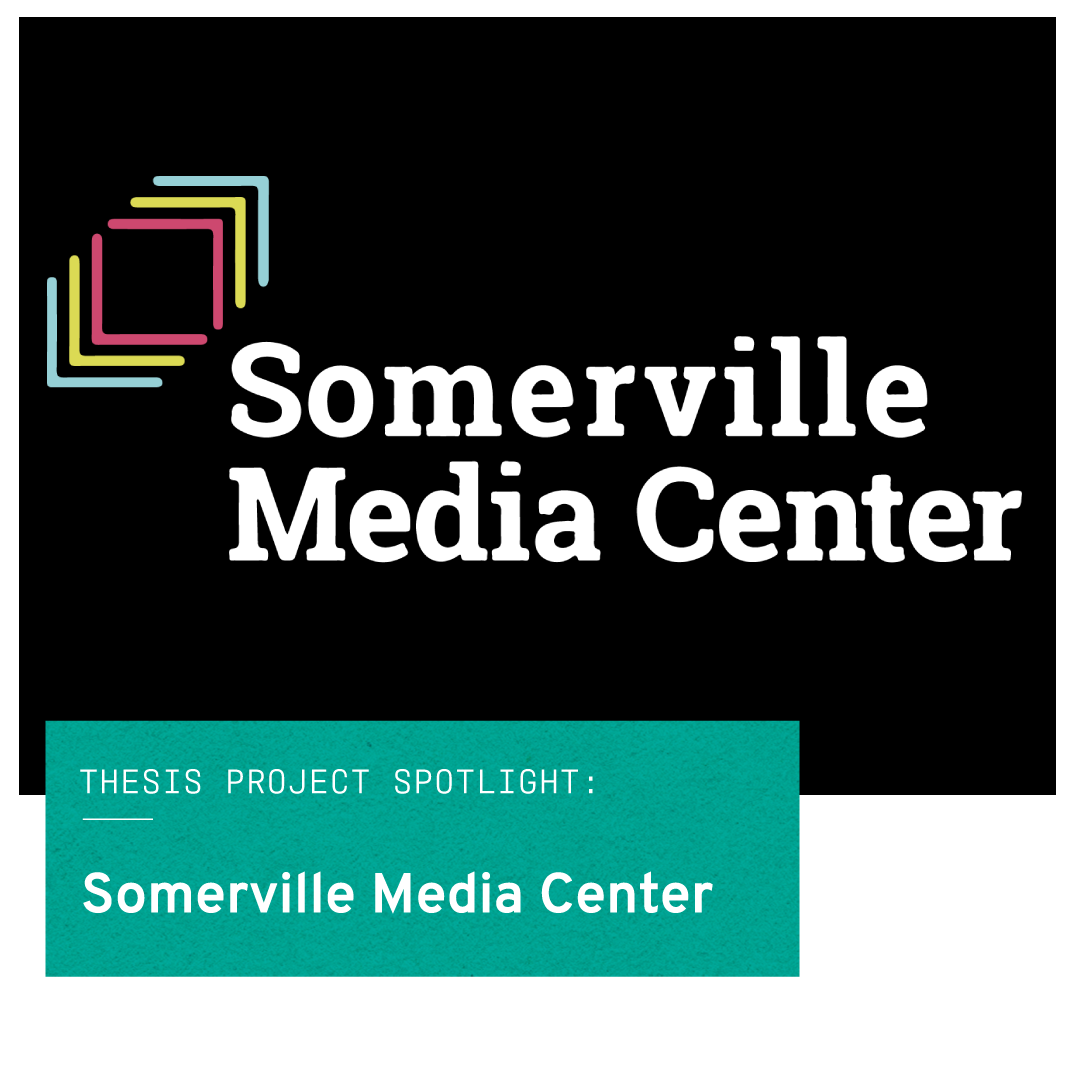
Project Title: Somerville Media Center:
Developing and Promoting its Media Programs Archive
Partner: Somerville Media Center
Designers: Noah Braun
“Somerville Media Center in Massachusetts created a media programs archive to serve as a digital depository for its entire programming collection. The archive contains more than 1000 audio and video programs. These broadcasts document the beginnings of SCATV, Somerville city history, local politics, community events, regional arts, and area cultural events since 1983. I partnered with Somerville Media Center to develop, test, and collect data on three prototypes to help the media arts organization further develop and promote its new media programs archive.”
